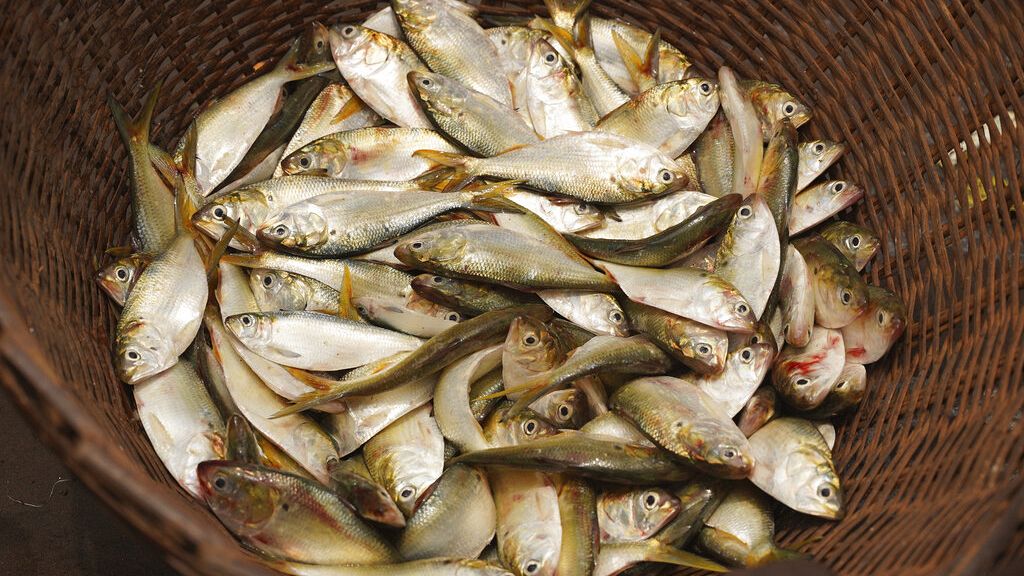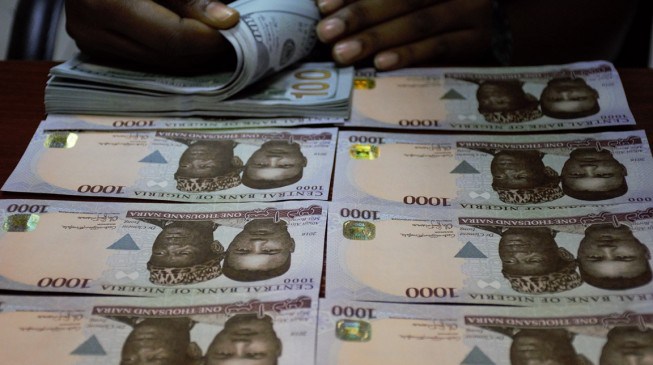On Thursday (Jan. 5), the European Commission outlawed the import of seafood that had been caught in Cameroon’s territorial waters or by vessels flying that nation’s flag and designated it as “non-cooperating” in the struggle against unreported, unregulated, and illegal fishing.
The commission gave Cameroon a “red card” and warned that even shipments of seafood from Cameroon that have catch certificates verified by national authorities would be rejected by EU member states.
Along with St. Vincent and the Grenadines, the Comoros, and Cambodia, Cameroon is one of the four non-EU nations that are currently on the commission’s “red card” list. The nation has recently gained recognition as one of several that provide “flags of convenience,” which allow businesses to register their ships in a country with no connections to the ship in exchange for a fee.
The Associated Press found that companies based in EU member states owned or managed 14 vessels with Cameroon registrations that were allegedly engaged in illegal and unreported fishing last year.
According to the European Commission, one of the biggest threats to the sustainable exploitation of living aquatic resources is illegal, unreported, and unregulated fishing.
Virginijus Sinkeviius, the European Commissioner for Environment, Oceans, and Fisheries, declared, “We have zero tolerance for IUU fishing and therefore the Commission has acted strongly today by giving Cameroon a red card.”
On Thursday, a representative of the Ministry of Livestock, Fisheries, and Animal Industries of Cameroon could not be reached for comment.
The commission’s prohibition on Thursday comes nearly two years after it urged Cameroonian authorities to intensify their efforts to combat illegal fishing.
The Commission calculates that up to 26 tons of fish, or about 15% of global catch, are taken illegally each year. The annual economic impact of illegal, unreported, or unregulated fishing ranges from 10 to 20 billion euros.








